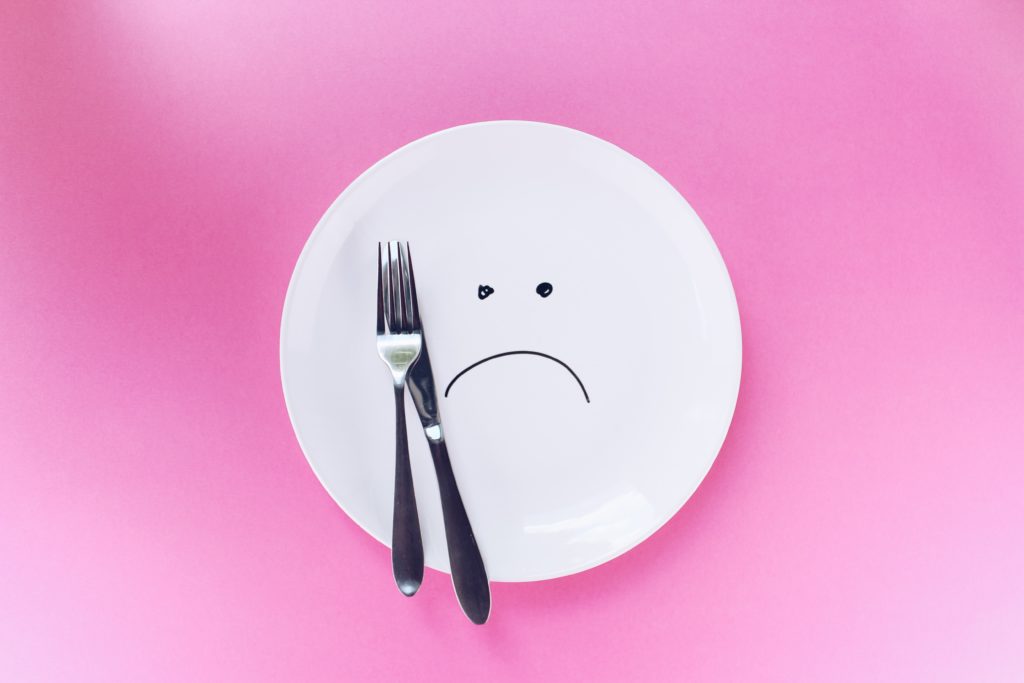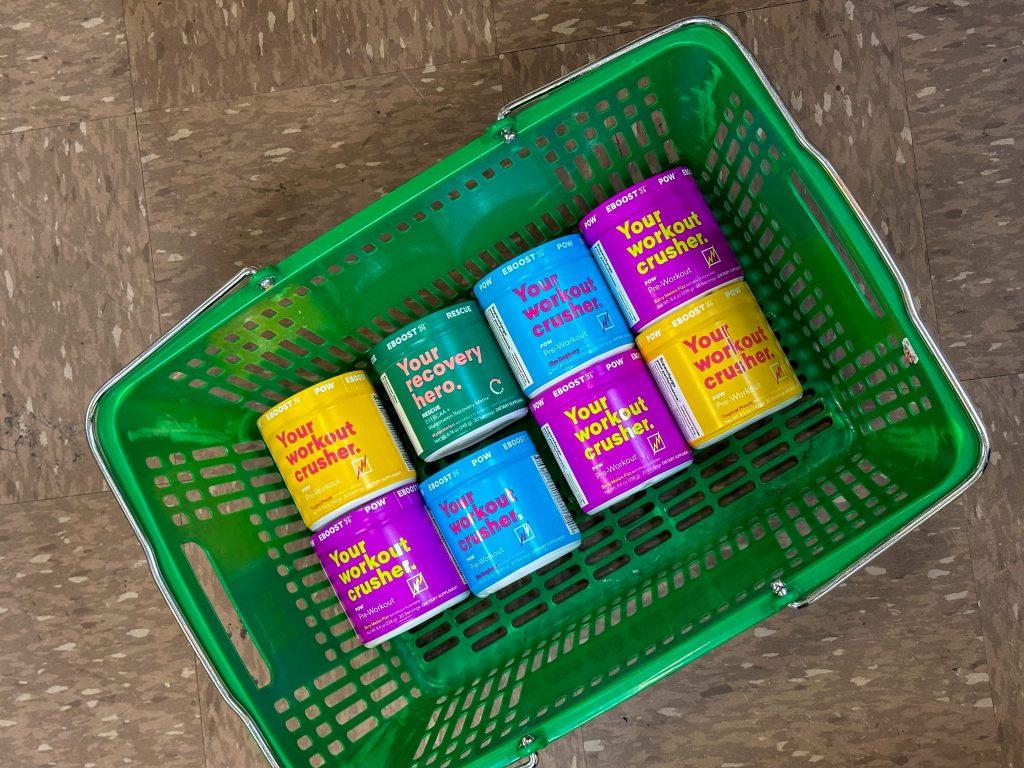Unfortunately, we live in a society that fuels off instant gratifications. With just a couple clicks we can practically have anything show up at our front door in two days. We are sucked into living a life where we expect results fast and by fast we mean FAST. We seem to be able to put weight on a heck of a lot quicker than we can take it off and when we do get the weight off then what? Making lasting changes in our diet all comes down to having the approach of a tortoise–slow and steady wins the race.
The main reason why it takes so long to learn lasting changes in our diets is that we have already developed a long relationship with food throughout our lives. This relationship started between our first six and twelve months of life. This means we are looking at years and decades (depending on how old you are) of learned food-related behaviors. The way that you are eating now has taken you almost all of the years of your life to get where you are, so it is no surprise that changing those habits may take years to form new habits.
We all have a specific type of relationship with food as well. For most people, it is either impulsive or intentional and sometimes the intentional gets lost and gluttony takes over. It is important to understand what your relationship with food is because will be a good relationship to understand in order to change it. It is like your car stalls because it ran out of gas but you don’t know that it needs gas to run again and instead put in more windshield washer fluid and expect it to start back up again. Because there is this specific relationship it is hard to just change that relationship overnight.
Instead of looking towards changing your diet as an overnight fix, looking at it in a long-term view literally allows you to take your time, create and learn your what your new relationship with food is. Most importantly with this new relationship, you need to take yourself into consideration. Working with a long-term view allows space to adjust what you are eating depending on if it is fitting your lifestyle and if your body is reacting positively to it or not.
For example, if your goal is to eat less sugar, then you can eliminate the sugar from your house. This does not mean in the present time that you cannot have sugar, it simply means you aren’t allowing yourself to consume it in the house. This way you really have to think about if you want the sugar. If you want it and think it is the right decision for you at the time, then you will need to take the time to seek out the sugar for purchase before coming it.
Being more intuitive and thinking long term isn’t as fun as saying “Oh I am on the Keto Diet” but it certainly can be more sustainable.






